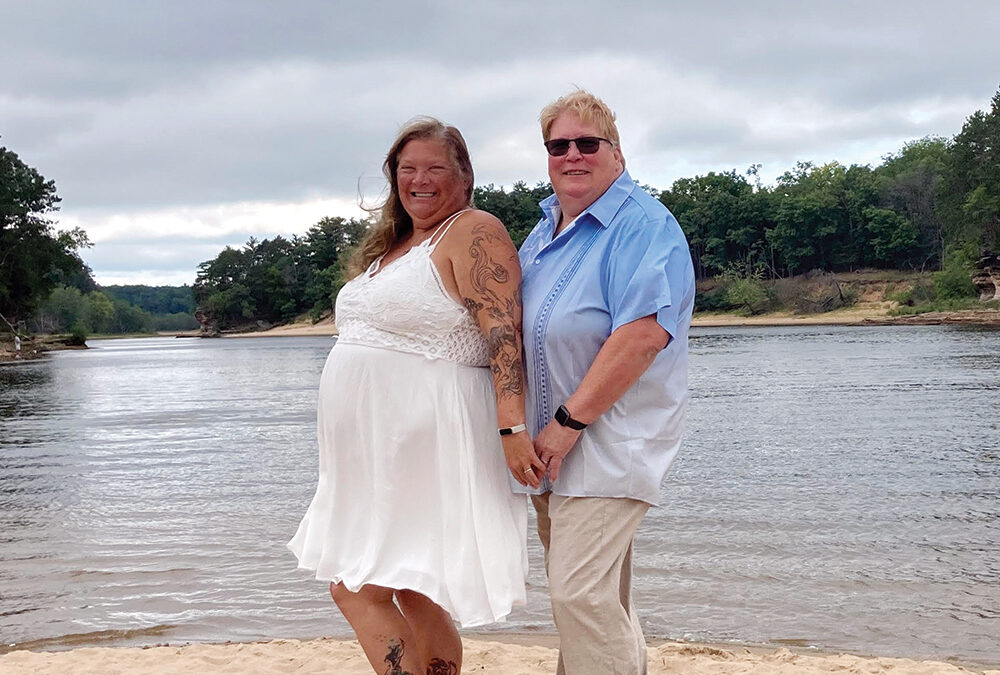Young sexual minority women frequently encounter stigma or misinformation in health care settings that can compromise their ability to get the contraception they need, according to a new study from the department of obstetrics and gynecology at the University of Wisconsin School of Medicine and Public Health.
Sexual-minority women are those who identify as lesbian, gay, bisexual, queer or other nonheterosexual identities.
The study, “Sexual-Minority Women’s Experiences With Sexual Identity Disclosure in Contraceptive Care,” was published today in Obstetrics and Gynecology, the official publication of the American College of Obstetricians and Gynecologists (ACOG). Madelyne Z. Greene, a postdoctoral research fellow in ob-gyn, is the lead author of the study.
The qualitative study included five focus groups and 11 individual interviews with women who identify as something other than heterosexual. The participants were between the ages of 20 and 30 and lived in Chicago, Salt Lake City or Madison.
“In health care, there is a consensus that you should discuss sexual orientation with patients, but this research shows that is not always happening for sexual-minority women when it comes to contraceptive care,” said Greene. “We are proud that this paper also gives recommendations on how to move forward in a positive way for patients and providers.”
The focus groups and interviews shed light on the prevalence of marginalization, discrimination and stigma experienced by these women and their communities in contraceptive care contexts.
Study participants described listening for if, when, and how health care providers asked about sexual orientation. One participant said she was asked ‘how many sexual partners have you had in the last six months’ but not about the gender of those sexual partners. Assumptions about a patient’s sexuality could shut down dialogue about contraceptive care.
Participants commonly expected some level of discrimination in contraceptive care. Some participants said that disclosing sexual identity to providers was simply “not worth” risking discrimination, and that they preferred to strategically not disclose. When and if they did disclose their sexual minority identity, participants found that providers often assumed they did not need contraception.
Several participants suggested strategies that providers could use to avoid such assumptions and ask patients about their individual sexualities and contraceptive needs. One participant said, “Just be willing to have that conversation with patients where [you] say, ‘I saw you marked “queer” on this sheet. What does that mean to you?’ I know there’s a lot of fear about getting it wrong, but there doesn’t really need to be.”
“All the recommendations we give in this paper come directly from the participants,” said Greene. “The community has the answers to these issues; they know what they need. They just need providers to open their ears and listen.”
Those recommendations to providers include: ask patients about both sexual identity and sexual behavior; signal your openness to disclosure during discussions about contraceptive care; and avoid heteronormative assumptions and instead focus on the individual patient’s priorities and needs.
Greene hopes providers see these results and begin to implement best practices for collecting and responding to sexual orientation information, so improved contraceptive care for sexual minority women is more widely available.





















0 Comments